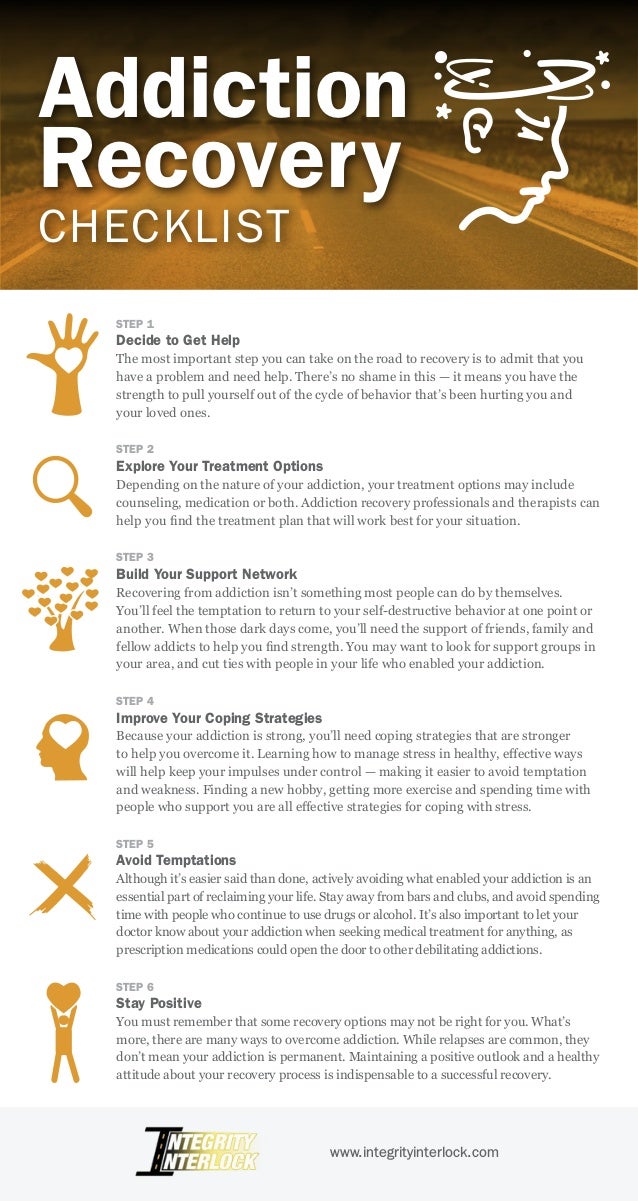
If a loved one is going through any sort of affliction or addiction, it can be an incredibly trying time for you on so many levels. Getting the help your loved one needs can come at a huge cost. The state of mental healthcare in the US is looking to be in dire straits right now, and as so many Americans are without any sort of healthcare insurance, and getting the support your loved one needs is proving to be an uphill struggle with every passing year. So what can you do to make sure that they get the help they need in a world where options appear to be running out?
CBT
It stands for Cognitive Behavioral Therapy, and it has been a popular form of therapy among counselors for addictive issues or mental health problems. The idea behind it is that it is your mindset that is the cause for you feeling this way, and through a carefully regimented program, you start to change your way of thinking. So, for example, for someone who is depressed, a common symptom may be a low opinion of themselves. So by taking part in this program to “reset” the mind through exercises in perspective and applying them to real-life situations, it will slowly change the person’s typical symptomatic responses of their illness. While CBT may feel a little bit of a slow-burner, rather than a cure-all, it has a very high success rate. This is very good when combined with counseling.
Rehabilitation Centers
You’ve seen them on TV or in the movies, but as a form of drying out from a substance addiction, addiction recovery centers are something that is a great tool in the whole process. The importance of addiction recovery centers as a way of helping people has been widely publicized, and it is something to think about if you feel you are unable to help anymore. Rehab centers, contrary to popular belief, is not a vacation for a couple of weeks. It is a place where the patient can be put through their paces through counseling, medication, and strict regimes if their addiction means they are so out of control. At least if you are able to send your loved one to a facility like this, you can be safe in the knowledge that they’ll get the help they finally need.
Medication
For those that are able to get to a doctor, medication can provide a short-term release from the symptoms of addiction or a mental health condition. It has proven effective for a lot of people suffering, but the road to finding the right medication can be rocky. If you’ve ever experienced any symptoms of anxiety or depression after losing a loved one, you may have found that something like antidepressants worked as a short-term way to get through the grieving process while still being able to process that grief. Some people go on medication and don’t have that outcome, and it’s a massive journey to try and find that right one. It can take a while, and it can mean going back to square one on more than one occasion which can easily make the afflicted lose heart, but if the right medication is found, it can be the turning point.
Combination Therapy
For certain people, one route may not be enough, and a combination of therapies may be the answer. Mixing the CBT with medication can be a good method to overcome a mental health problem because something like antidepressants, which works to help mask the symptoms when combined with CBT or therapy helps to get to the core of the problem. Sometimes it is about finding the right balancing act, and once the issue has been resolved, it is the potential for relapse that needs to be addressed, and this can be done in a professional capacity by having follow-up meetings or by implementing a new lifestyle. A new lifestyle may involve making a huge change or changes, from cutting certain people out of their life to removing potential triggers, and this can have a big personal impact, but if it is necessary to the long-term recovery of the afflicted person, it needs to be done.
We all go through pain at some point in our lives, and the real obstacle to getting the help we needed was ourselves. For us to be willing to make the changes in our lives, we have to accept that we have a problem. That is the biggest step on the road to recovery.
Please check out this checklist, created by Integrity Interlock.





Be the first to comment